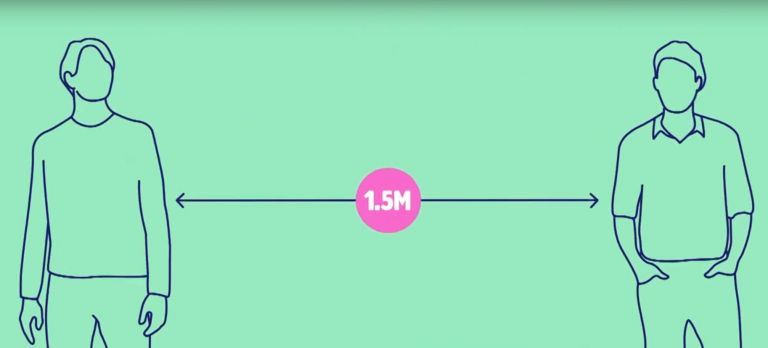Written By: UCHE EZENWILE
Ndigbo are known for their robust and boisterous social life, which distinguishes them from other tribes in Nigeria. Thus, the Igbo culture is one that is communal in nature where immediate families, extended families, various kindred, friends and well wishes socialize and relate so as to create a great sense of values and attachment. This account for the reason why every activity in Igbo land is a carnival of a sort where people meet, banter and exchanges pleasantries.
However, on February 27, 2020, Nigeria recorded her first case of Coronavirus. Hence, President Muhammadu Buhari set up a 12-man Presidential Task Force on COVID-19 with the mandate to prepare for the unlikely but probable major outbreak of the disease in the country. Similarly, other state governments inaugurated their own Task Forces with a view to stem the spread of the pandemic.
Expectedly, the task forces commenced work and rolled out lots of measures to throttle the community transmission of the disease. Part of the measures introduced were lockdown of schools, markets and churches; constant washing of hands, physical distancing and ban on all forms of gathering, including social functions.
Furthermore, the Easter period, which used to be loaded with social functions, suddenly became a week without the usual hoopla and vivacious celebrations. Many people were forced to stay at their various homes without the conviviality associated with Easter activities.
Undoubtedly, the ceremony-free Easter period was painful but necessary, because of the contagious nature of COVID-19 disease which does not even allow for body contacts. But, for how long will the Igbo man endure this seemingly lacuna in his relationship with his kits and kin occasioned by physical distancing? How can an Igbo man see a brother or fellow Igbo man and not hug him or shake hands with him? How can two sisters see themselves and not hug each other?
More so, celebrations in Igbo land are all encompassing because they involve the umunna, umuada, umunwadiana, ndinnaochie, ndiogo and ndiichie as the case may be. However, this long tradition of the Igbo race must change so as to accommodate the new social life occasioned by the dreaded pandemic. Indeed, things have fallen apart but we must learn to adapt to the new way of life and living.
As it stands now, the vaccine or drug for this disease has not been discovered. This, by implication, means that we have to change our way of life and the culture that negates healthy living as far as covid-19 is concerned. Fortunately though, our dear Governor, Chief Sir Willie Obiano, has graciously relaxed the state lockdown so as to resuscitate the economic activities, having introduced some preventive measures to assist us in our new relationships. These laudable measures included physical distancing, non-shaking of hands and compulsory use of face masks. Indeed, Sir Willie deserves a pat on the back.
It is regrettable clear that COVID -19 has introduced a new way of life which is alien to the Igbo mode of socialization. People do not visit one another any longer; friends and relatives now see themselves as possible carriers of the disease; so there is no need to shake hands rather they maintain some distance while they exchange pleasantries. The issue of facemask has equally added another disturbing phenomenon to the matter.
On the other hand, there is no gain saying that fact that coronavirus has changed the social behaviour of the Igbo society. But it is for a while. The virus will not be here forever. We must maintain low social profile now in order to stay alive. We all saw the beginning; we must surely see its end; that is the be-all and end-all.





Comments are closed for this post.